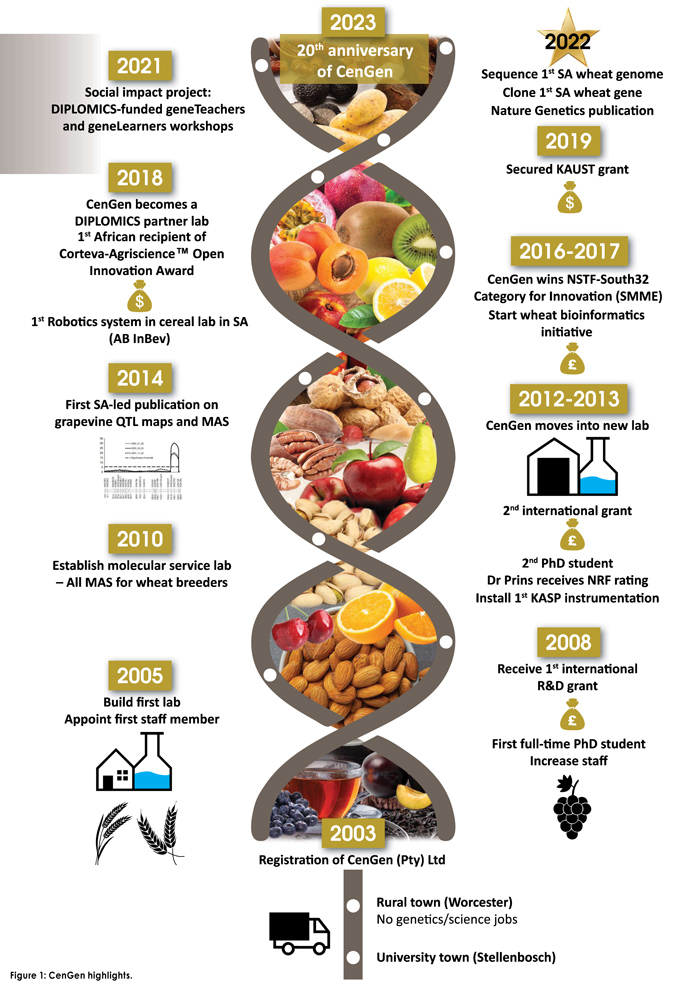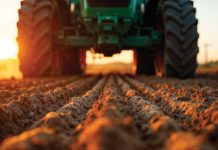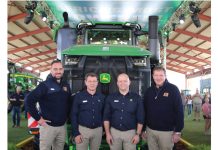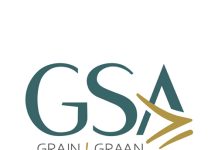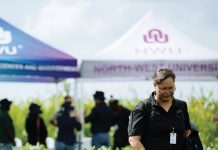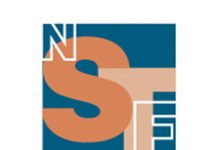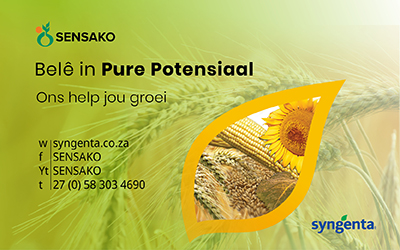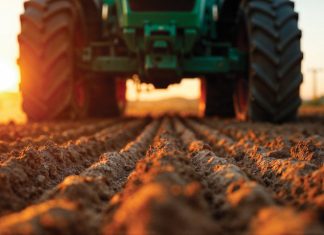From a self-funded beginning to being instrumental in integrating the benefits of DNA/molecular technologies in a wide range of crops, this is the CenGen story … a story of not only utilising opportunities against all odds, but also of creating opportunities.
CenGen’s small grain research efforts reached an all-time high in 2022 with the incredible milestone of being key in establishing the first full genome sequence of a South African wheat cultivar and using it in the first successful gene cloning attempt (finding the exact gene sequence) of an important wheat disease resistance gene. International wheat researchers have commented that the South African wheat genome is currently the best wheat genome resource available in the world! This was only possible through CenGen earning the trust of local and international researchers and funders by always striving for the best possible service delivery and research ethics. With genomic technologies becoming a lot more affordable, CenGen is now taking it to the next level by adding sequencing expertise to its portfolio, thereby making it possible to perform more sequencing projects in-house.
However, CenGen remains grounded, trying its utmost best to stay in touch with industry needs. One of CenGen’s applied focus areas is to identify the genes responsible for important traits (QTL mapping), their locations on the respective chromosomes, and to use DNA markers as handles to select for the presence of these useful genes indirectly. This process is called MAS and strengthens breeders’ hands. Once a gene has been pinpointed to a small chromosome region, the successful cloning of the gene helps researchers to understand how these genes work and why some of them work better than others. CenGen is currently trying to clone additional wheat rust resistance genes, but has also started looking into finding the genes for tolerance to crown rot, a soil-borne disease.
On the barley side, there is an attempt to pinpoint wheat stem rust resistance in a pre-emptive attempt to be ready if that disease ever shifted to the barley crop. Furthermore, CenGen focusses on solving some of the issues related to the blotch and Ramularia diseases of the barley crop. In addition to their work with the barley breeders of SABBI, CenGen also has a close working relationship with AB InBev’s global barley research laboratory in the USA. Furthermore, CenGen recently started to work closely with the role-players in the groundnut industry to ensure seed quality control and to implement MAS.
Through their research contributions, the wheat and barley producers are inseparable from the CenGen success story. CenGen is also grateful for the many collaborators and international funders who work(ed) with them during the past 19 years; they are an integral part of the CenGen story and too many to list here.
Since CenGen’s origin is closely related to its rural agricultural setting, the company started a social impact project (geneTeachers and geneLearners workshops) in 2021 with the assistance of DIPLOMICS and the Western Cape Education Department. The focus is to support life sciences and agriscience teachers and their learners to understand the value of the perceived difficult discipline of genetics to put food on our tables. CenGen’s social outreach has been a humbling experience, highlighting the academic talents originating from resource-poor South African schools, whilst providing CenGen staff the opportunity to convey their science to the public, where it really matters most.
Terms explained
CenGen: Central Genetics
MAS: Marker-assisted selection is the use of DNA markers to select for a specific gene(s).
KASP instrumentation: Specific type of instrument to do SNP genotyping.
Robotic systems: Robots which can do high throughput laboratory work much faster and more accurately than humans can do.
KAUST: King Abdullah University of Science and Technology, Saudi-Arabia
SMME: Small, micro and medium enterprise
Bioinformatics: The use of computer skills and language to work with big biological data sets.
DIPLOMICS: http://www.diplomics.org.za/. An initiative of the Department of Science and Innovation (DSI) with the vision of helping to make South Africa a leading player in ‘omics’-based translational research and bio-economic development. It is part of the department’s long-term SARIR (South African Research Infrastructure Roadmap) program.
SAWCIT: South African Winter Cereal Industry Trust
QTL mapping: Process of identifying quantitative trait loci – more than one gene that is responsible for a phenotype/morphology.
NRF: National Research Foundation
SABBI: South African Barley Breeding Institute
